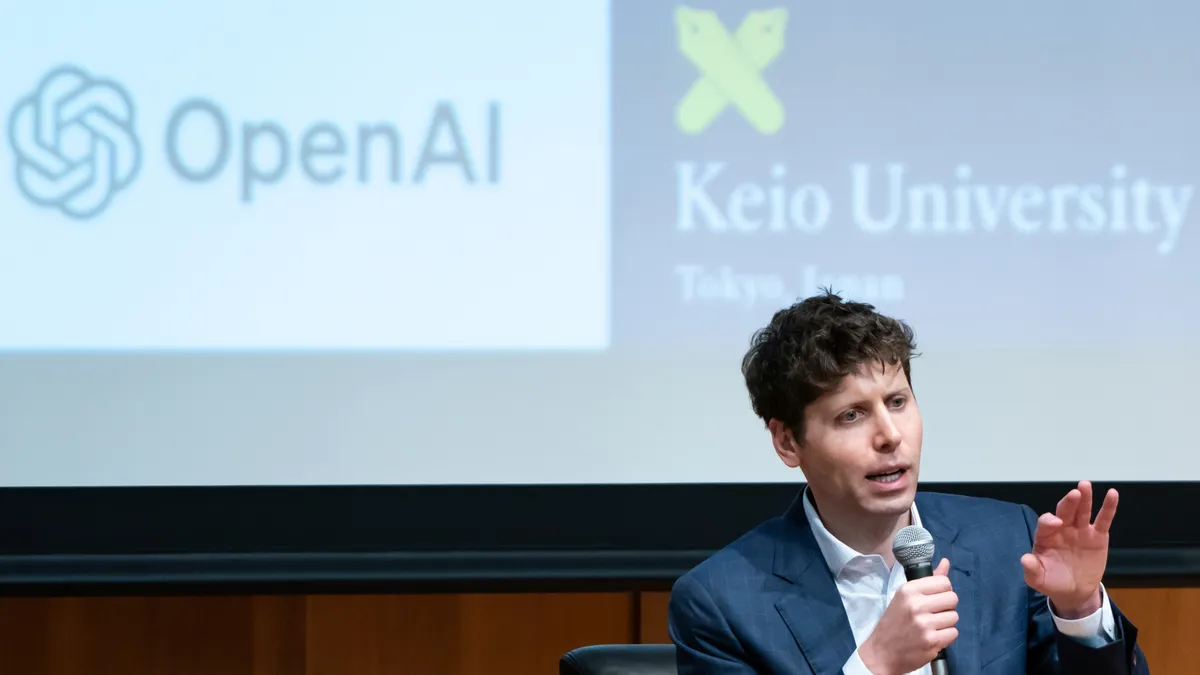Dive Brief:
- OpenAI is updating its GPT-3.5 Turbo and GPT-4 models to reduce their cost to run, the company announced Tuesday. The company released its GPT-4 and GPT-3.5 Turbo model in March.
- GPT-3.5 Turbo will function using input tokens at a 25% cost reduction. By cutting costs, developers will now spend roughly $1 per 700 pages. The company is also reducing the cost of its embeddings model by 75%.
- The company’s newest model, GPT-3.5-turbo-16k, offers four times the context length at twice the price of the GPT-3.5 Turbo model. The model can support around 20 pages of text in a single request. For context, the GPT-3.5 Turbo model was described as 10 times cheaper than existing GPT-3.5 models when it launched in March.
Dive Insight:
As part of the updates, developers using certain models can create chatbots that use external tools, convert natural language into API calls or database queries and extract structured data from texts.
OpenAI said it is nearly ready to remove the GPT-4 API waitlist and would be inviting more people from the waitlist in the coming weeks.
The model itself has been the subject of concern. A group, which has grown to include more than 31,000 people, called for AI labs to immediately pause the training of AI systems more powerful than GPT-4 to better understand the risks of deploying the technology at scale.
OpenAI’s CEO Sam Altman has been a loud advocate for AI regulation, appearing before leaders at The White House, G7 Summit, Congress and around the world.
Altman even signed a 20-word statement in May that equated the risks of AI to pandemics and nuclear war. Despite the risks identified by its CEO, OpenAI hasn’t stopped iterating its models. The company continues to make these models more accessible but not without resistance.
Italy temporarily banned OpenAI from operating in its region after an open-source library bug exposed customer data. The company responded to criticism regarding data privacy standards by implementing more guardrails for users.
The European Union took a step closer to regulating AI on Wednesday after Parliament voted to push the AI Act forward, legislation that includes rules companies would need to follow when designing, developing and promoting AI models.
“For example, a proof-of-concept exploit illustrates how untrusted data from a tool’s output can instruct the model to perform unintended actions,” the company said in the announcement. “We are working to mitigate these and other risks.”
The company suggested developers protect their applications by only using information from trusted tools and by including user confirmation steps before making a “real-world” impact, such as sending an email, posting online or making a purchase.














